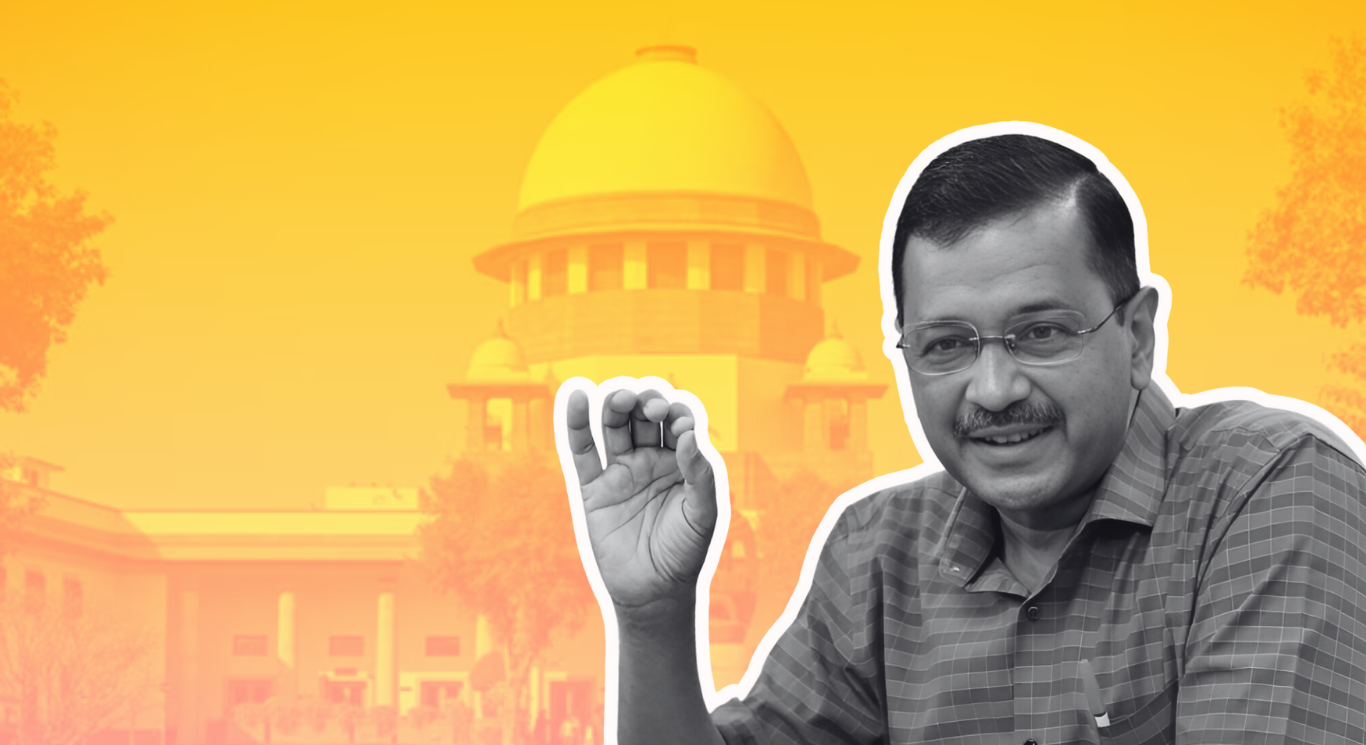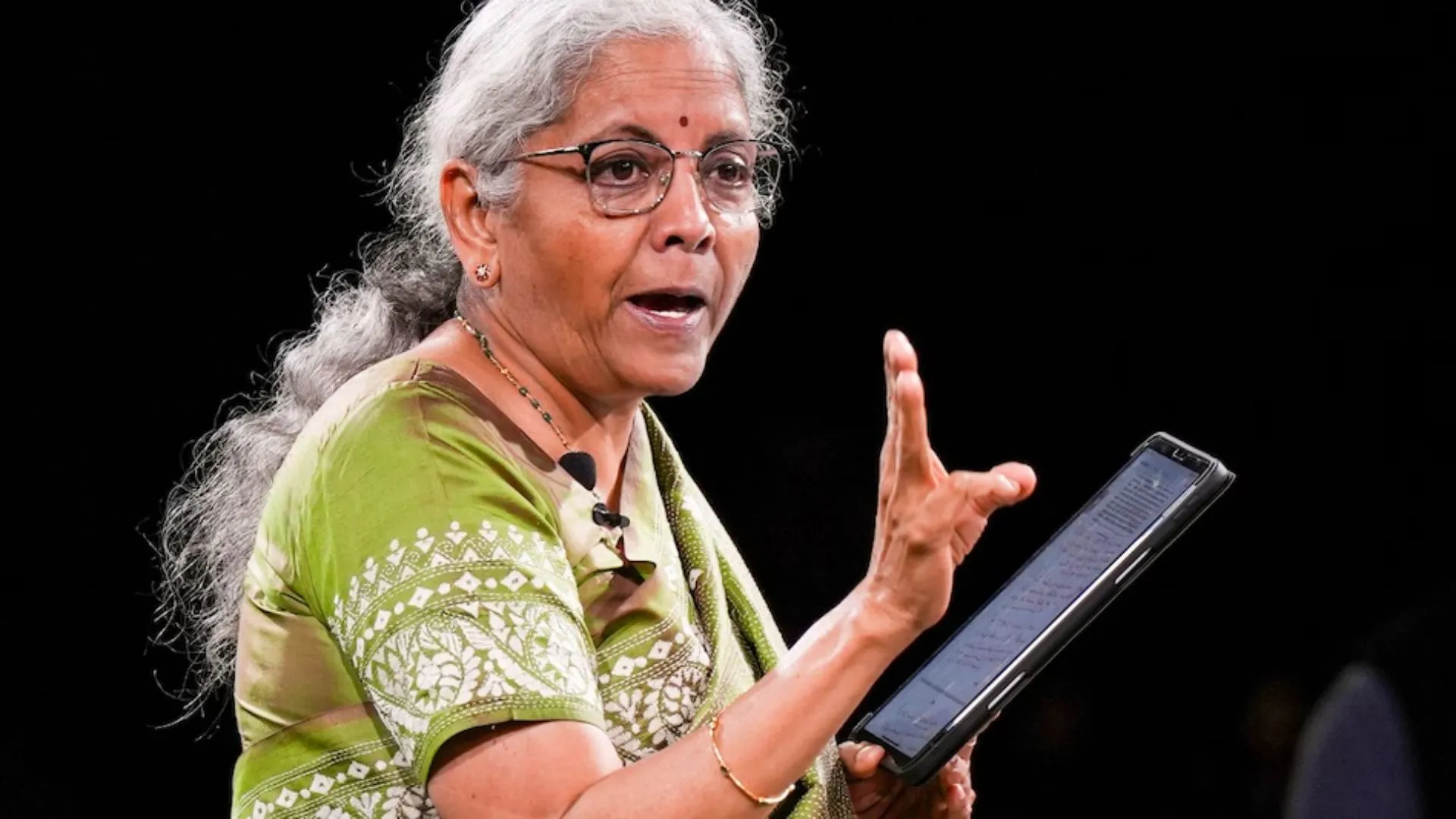The Supreme Court has granted temporary bail to Delhi Chief Minister Arvind Kejriwal until June 1 in the excise policy case. However, the court has clarified that a detailed order regarding this matter will be issued soon.
This decision follows the strong opposition from the Enforcement Directorate (ED) against Kejriwal’s request for interim bail. The ED argued that any special treatment given to him would undermine the principles of rule of law and equality. They emphasized that granting such favors could set a dangerous precedent by creating a perception of politicians being exempt from legal obligations and enjoying privileged status.
The Supreme Court, however, declined the plea from senior advocate Abhishek Manu Singhvi, representing Arvind Kejriwal, to extend interim bail until the announcement of results on June 4. Instead, Kejriwal has been instructed to surrender by June 2. Kejriwal’s arrest by the ED on March 21 in relation to the excise policy case has added another layer of intricacy to the legal proceedings.
Supreme Court grants interim bail to Delhi CM Arvind Kejriwal till June 1 and asks him to surrender on June 2 https://t.co/vRxqua9HjW
— ANI (@ANI) May 10, 2024
What Is A Bail?
The term “bail” originates from the French word “bailier,” meaning to control or deliver, and the Latin term “baiulare,” meaning to bear a burden. While not precisely defined, provisions regarding bail are outlined in the Code of Criminal Procedure, 1973. The judiciary has attempted to define bail, as seen in the case of Natturasu v. State, where the Madras High Court interpreted it as the process of releasing an accused individual charged under specific laws and offenses, with the condition that they appear before the court for trial as required and remain within the court’s jurisdiction.
In Black’s Law Dictionary, bail is described as the release of a person from judicial or police custody under the condition that they appear in court when required and submit to the court’s jurisdiction. It entails the temporary release of the accused upon meeting certain conditions. The concept of bail can also be traced back to the Magna Carta, which stipulated that a free person should not be imprisoned or deprived of their rights without due process or the judgment of their peers. This definition was referenced in the case of Nikesh Tarachand Shah v. Union of India.
MUST READ: LIVE : Arvind Kejriwal Granted Interim Bail Till THIS Date
What Is An Interim Bail?
Interim bail is typically granted for a brief period before the hearing or final disposal of a regular or anticipatory bail application. This type of bail becomes crucial when the application for regular or anticipatory bail is under consideration by a session court or high court, as certain documents, such as charge sheets or case diaries from the lower court, are required for a judicious decision.
However, obtaining these documents takes time, during which the accused must remain in legal custody until the court receives them and can make a decision on the application. Interim bail allows the accused to apply for temporary release to avoid imprisonment until the higher court receives the necessary documents and reaches a final decision on the bail application. It is granted subject to certain conditions and may be extended if the court deems it necessary due to special circumstances.
The grant of bail is based on the fundamental principle of presumption of innocence until proven guilty, which is enshrined in both criminal law and the Universal Declaration of Human Rights under Article 11(1). This principle guarantees that anyone accused of a criminal offense is presumed innocent until proven guilty according to the law and has the right to mount a defense. The Indian Judiciary, in cases such as Rabindra Kumar Dey v. State of Orissa and Sunil Kumar Sharma v. State (CBI), has recognized this principle as one of the three cardinal principles in criminal jurisprudence, which must be considered when granting bail.
In cases of bailable offenses, the accused must be released on bail as a matter of right, whereas in non-bailable offenses, bail cannot be claimed as a right and is subject to the discretion of the court, which must decide judiciously. Courts empowered to grant regular or anticipatory bail also have the authority to grant interim bail. When an accused is not released on regular bail and the application is still pending, interim bail may be granted in special or emergent situations, such as the death or marriage of close relatives.



















